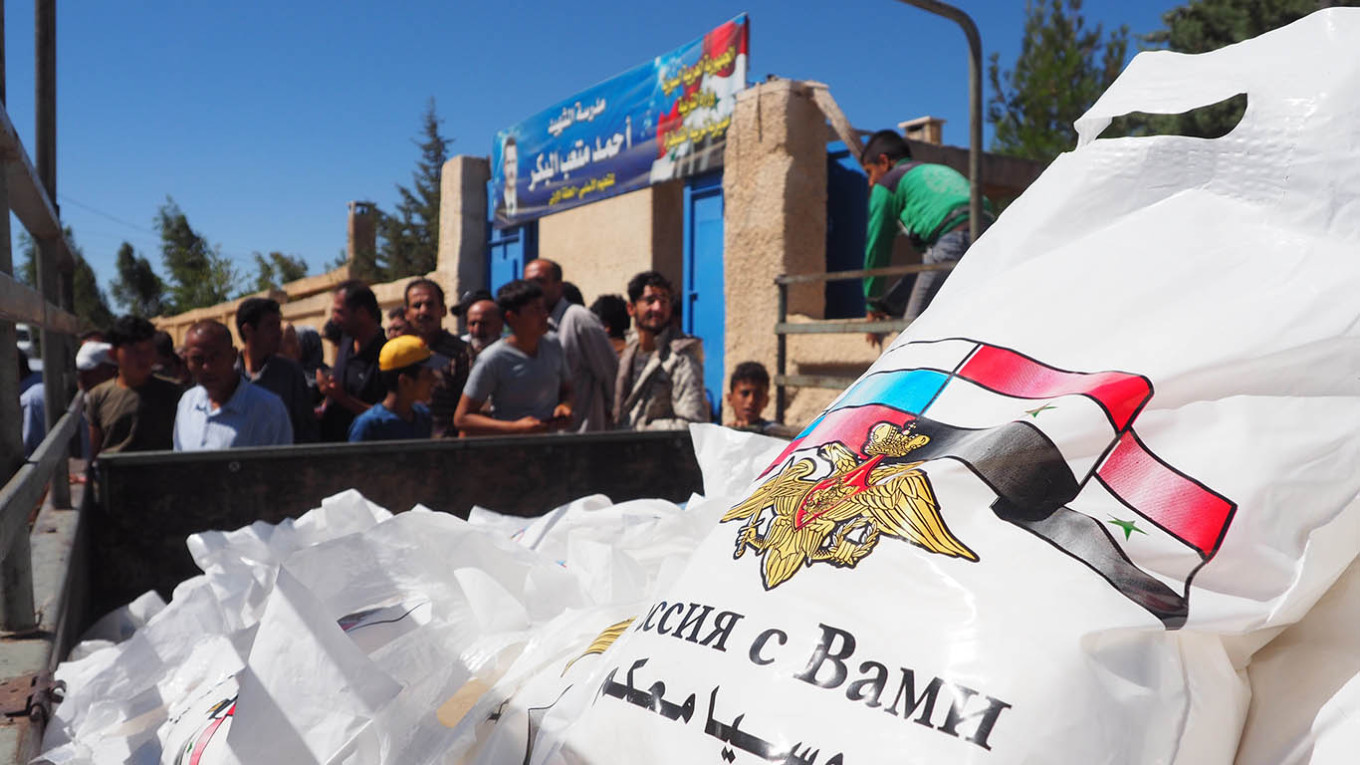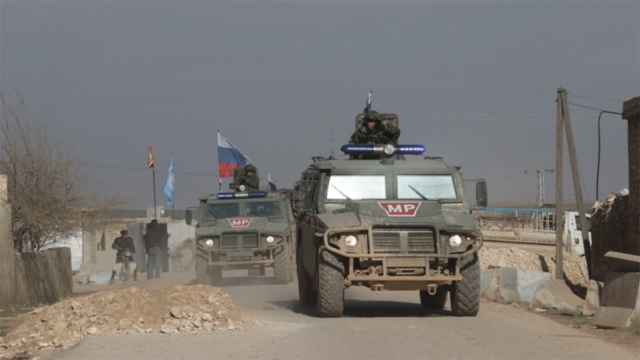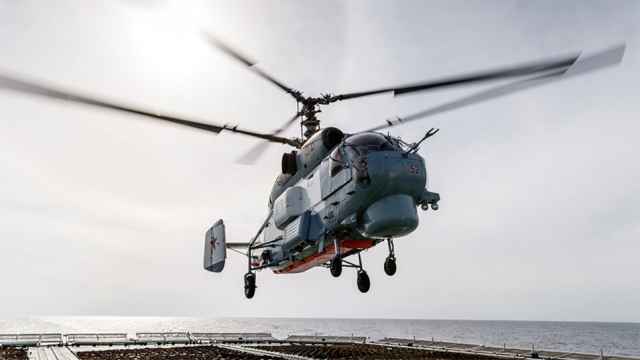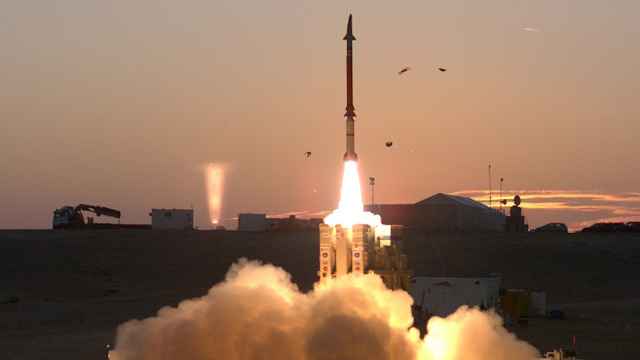Clashes between Syria’s new Islamist authorities and the Druze minority in the southern Sweida province, coupled with Israeli strikes against Syrian government forces, have forced Damascus to reconsider its relations with Moscow once again.
Back in the spring, the Syrian authorities were trying to push Russia out of the country. Now, while they still don’t trust Moscow, they are prepared to entertain the notion of expanding the Russian presence to counterbalance the Israeli forces.
The large-scale clashes that broke out this summer between Islamists and Druze in Sweida demonstrated once again how precarious the position of the new Syrian leadership remains. This was the second major rebellion by an ethno-religious minority, following the Alawite uprising in Latakia this spring. The most recent escalation prompted an intervention from Israel, which came to the defense of the Druze and launched attacks against Syrian government forces.
There are plenty of similar potential flashpoints: the Kurds in the north of the country, tribal structures allied with the United States in the east, Russian military bases, and the remaining ISIS forces in the Syrian desert. Damascus does not control all of the country’s territory and Syria remains in a crisis of statehood. The Islamist rebels-turned-rulers have failed to gain the trust of major ethnic and religious communities, and that lack of trust manifests itself in sporadic violence.
All of this is forcing the new government led by Ahmad al-Sharaa to constantly recalibrate its foreign policy. Throughout the first half of this year, Russia was being slowly pushed out of Syria. The new authorities annulled old agreements concluded with the Kremlin under former President Bashar al-Assad (whom Russia supported against the current rulers for a decade), including one for a Russian company to manage the strategic port of Tartus, and ended the practice of printing Syria’s national currency in Russia.
The pressure was also ramped up on Russia’s military bases in the country. Damascus tightened inspections for those approaching the military facilities, which also began to be subjected to armed attacks.
In late July, however, bilateral relations took a new turn when a Syrian delegation arrived in Moscow, including Defense Minister Murhaf Abu Qasra and Foreign Minister Asaad al-Shaibani. The latter not only met with his counterpart Sergei Lavrov, but was also received by President Vladimir Putin. The Syrian Foreign Ministry immediately dubbed the visit “historic,” and soon after, evidence began to emerge of real changes in Russian-Syrian relations.
In early August, for the first time since the fall of the Assad regime, Russian troops resumed their patrols around the city of Qamishli in northeastern Syria. After this, there were reports that the Syrian government had asked Moscow to resume military police patrols in the country’s southern provinces, too. The apparent goal is to balance out the Israeli presence in Syria and reduce the intensity of Israeli operations.
There has also been a thaw in economic relations. After his meeting with al-Shaibani, Lavrov said that Moscow and Damascus would review old agreements. At the end of August, Reuters reported that Syria had changed its mind about no longer printing its pounds in Russia and would continue to do so.
The main goal of Damascus’ new rapprochement with Russia is to try to find at least some kind of counterweight to Israel. Since the end of last year, Israeli forces have not only significantly expanded the area they control around the Golan Heights, but have also carried out regular airstrikes against government targets. Israel’s intervention in Syria is now on a greater scale than that of any other country.
Right now, the Syrian army has nothing with which to counter the Israeli intervention, and the new authorities’ attempts to reduce tensions by hinting at a possible normalization of relations have not yet yielded any results.
The decisiveness with which Israel is waging military operations in Gaza, Lebanon, Iran and Yemen is only adding to the alarm in the Syrian capital. The recent assassinations of senior political figures in Hamas and Hezbollah, as well as in the Iranian military, have made it very clear to Syria’s Islamist rulers that in the event of an escalation with Israel, anything is possible.
Under Assad, Russia acted as a constraining force on Israel’s actions in Syria, both through the mere presence of Russian troops and through concrete actions. The Russian military tried to avoid direct clashes with the Israelis and allowed them to destroy individual Iranian and pro-Iranian targets. But at the same time, they intervened periodically, shooting down Israeli missiles near Russian bases.
It appears that Syria’s new authorities would now like to see Moscow resume that role, along with patrols by Russian military police in the south of the country. Israel itself may not be at all opposed to such a development, seeing the Russian presence as a way to keep Syria fragmented and reduce the growing influence of Turkey.
Still, the fear of Israel’s intervention does not mean that the new Syrian leadership is prepared to fully restore Russia’s former influence in the country. It is just that in the current circumstances, Damascus’ position is not strong enough to allow it to be on bad terms with Moscow.
The long-term obstacles to Russia’s presence in Syria have not gone away. Preoccupied with the war in Ukraine, Moscow still cannot afford to devote more attention and resources to any other areas. Meanwhile, Syria’s new rulers are unlikely to have warmed to Moscow, given the long years of civil war in which Russian planes bombed them as rebels.
In the long term, the Al-Sharaa government will clearly seek to establish control over the entire territory of Syria. And over time, the Russian presence will become an obstacle to that, just as Israel’s interventions are right now.
Finally, given the scale of Western sanctions imposed on Russia, cooperation with Moscow could be very costly for Damascus, which only recently managed to get Assad-era sanctions against it lifted. Of course, the bloodshed between the new Syrian authorities and religious minorities has also prompted criticism in the West, but so far there has been no rush to move from remonstrances to action. The same tolerance from the West of cooperation with sanctioned Russian structures, however, is far from guaranteed.
The Trump administration is actively pushing for the normalization of relations between Syria and Israel. It is difficult to say for now how realistic that is. But if Washington is successful, the key reason for the current rapprochement between Damascus and Moscow will disappear, and there will no longer be any need for Russian patrols in southern Syria.
The present warming of ties between Syria and Russia therefore looks like a pragmatic maneuver by the new authorities during this period of instability and statehood formation. As soon as the authorities in Damascus feel more confident, all their past grievances against Moscow will again resurface, and the Kremlin’s help may become too toxic to accept. However, this period of uncertainty may well drag on — and the tactical rapprochement with Moscow with it.
This article was adapted from the original published by Carnegie Endowment for International Peace.
A Message from The Moscow Times:
Dear readers,
We are facing unprecedented challenges. Russia's Prosecutor General's Office has designated The Moscow Times as an "undesirable" organization, criminalizing our work and putting our staff at risk of prosecution. This follows our earlier unjust labeling as a "foreign agent."
These actions are direct attempts to silence independent journalism in Russia. The authorities claim our work "discredits the decisions of the Russian leadership." We see things differently: we strive to provide accurate, unbiased reporting on Russia.
We, the journalists of The Moscow Times, refuse to be silenced. But to continue our work, we need your help.
Your support, no matter how small, makes a world of difference. If you can, please support us monthly starting from just $2. It's quick to set up, and every contribution makes a significant impact.
By supporting The Moscow Times, you're defending open, independent journalism in the face of repression. Thank you for standing with us.
Remind me later.








